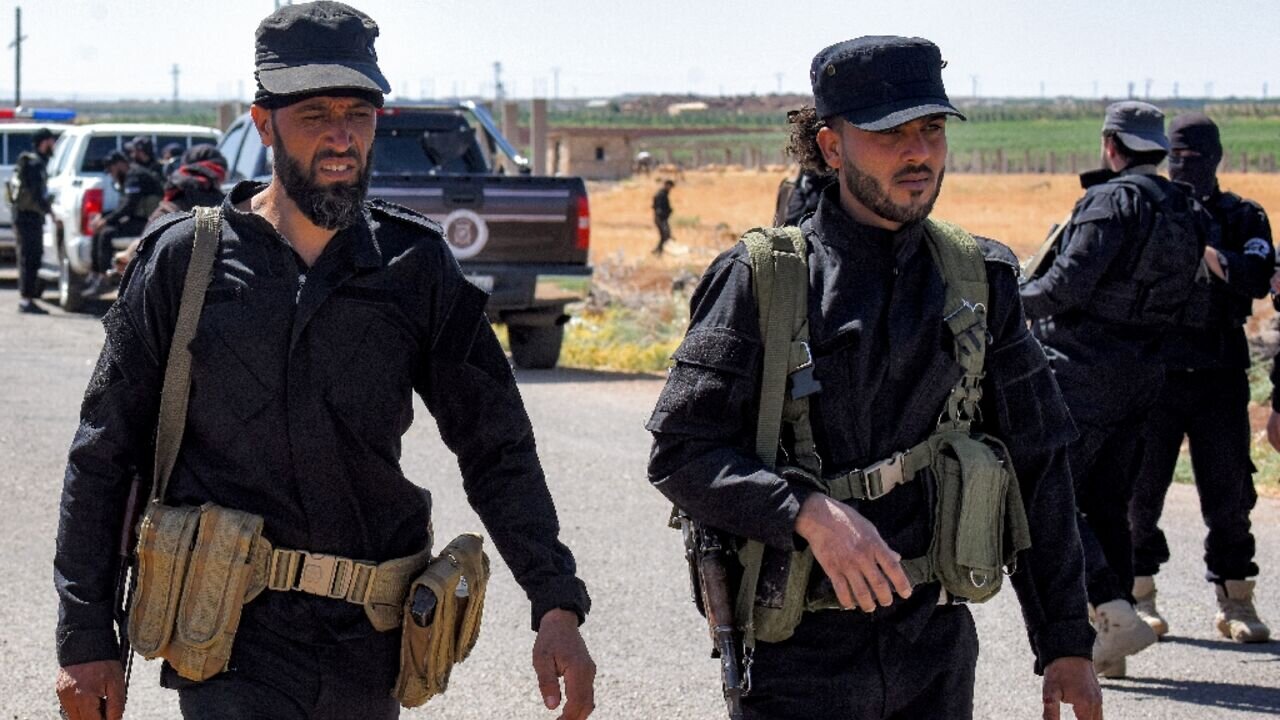Dozens killed in sectarian violence in Syria

TEHRAN – At least 37 people have been killed in the latest wave of sectarian violence in the war-torn Syria.
Over 100 others have also been injured amid fierce clashes in southern Syria,
primarily in Suwayda province, between members of the Druze community and government-affiliated Bedouin tribes.
According to the Syrian Observatory for Human Rights, the fighting erupted in the al-Maqous neighborhood east of Suwayda city and surrounding areas. Among the casualties were 27 Druze, two of them children, and ten Bedouins.
The violence reportedly began when Bedouin fighters established a checkpoint on the Damascus–Suwayda highway, where they robbed and brutally assaulted a young Druze man.
The incident triggered a cycle of retaliatory abductions, attacks, and road closures, escalating tensions in the region.
Syria’s Ministry of Interior expressed “deep concern” over what it termed “armed confrontations,” noting that early figures indicated more than 30 fatalities and nearly 100 injuries.
In coordination with the Ministry of Defense, security units have begun intervening to restore order, apprehend those responsible, and refer them to the judiciary.
State news agency SANA reported that several Syrian army personnel were killed during the clashes, allegedly targeted by armed groups operating outside the law.
The violence marks the most serious outbreak since similar confrontations in April and May.
Local news outlet Suwayda 24 cited medical sources who reported that both machine guns and mortar shells were used in the fighting.
The main Damascus–Suwayda highway has been shut down, signaling the deteriorating security environment.
Videos circulating on social media show extremist militants pledging support for the Bedouins and sending reinforcements to the front lines.
In response to the violence, Suwayda Governor Mustafa al-Bakkour called for “restraint, reason, and dialogue,” while affirming that the state “will not tolerate threats to citizens’ safety.”
Druze spiritual leaders echoed these sentiments, urging the Damascus government to intervene immediately to protect civilians and prevent further escalation.
The current unrest follows a similar wave of violence earlier this year, when clashes that began near Damascus spread to Suwayda, ultimately leaving at least 119 people dead, including Druze fighters and government security personnel.
In the aftermath, Druze elders and Syrian government representatives brokered temporary ceasefire agreements aimed at reducing tensions.
The Israeli regime, which has occupied the Golan Heights since 1967 and unilaterally annexed it in 1981, launched airstrikes and warned Damascus against harming the Druze community.
Experts say the regime has used the Druze presence in the Golan Heights as a pretext to entrench its illegal occupation in southern Syria.
On Monday, the Syrian Interior Ministry announced that its forces would begin direct intervention in Suwayda to quell the violence. The Ministry of Defense has reportedly sent significant reinforcements to the region. According to regional news sources, armed groups have taken control of the village of al-Surah in Suwayda’s countryside, prompting a wave of civilian displacement.
Shelling and gunfire have continued in several areas, fueling fears of a broader sectarian conflict.
Since the fall of Bashar al-Assad’s government, Syria has witnessed cycles of deadly violence rooted in sectarian divisions, further deepening the country’s instability.
In one of the most shocking episodes, Syrian government forces were accused in March of massacring thousands of Alawite civilians, a tragedy condemned by international human rights organizations as a war crime.
As the violence escalates, calls are mounting for the Syrian government to adopt a more inclusive approach by incorporating representatives of the country’s diverse ethnic and religious communities into its political and security institutions.
Leave a Comment